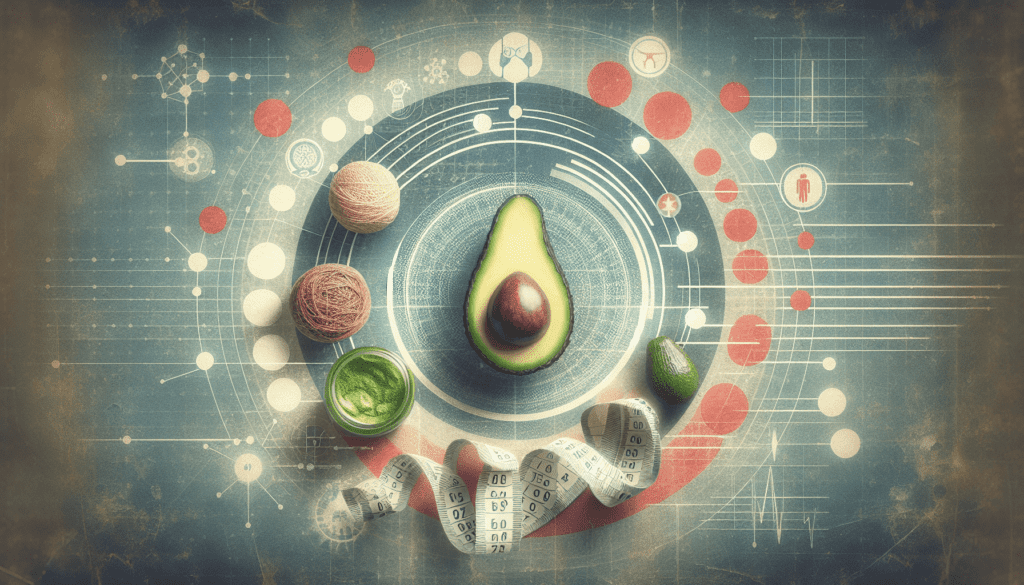
If you’ve clicked on this article, you probably have a few burning questions about fat—like why it’s such a big deal in the keto community, how much is too much, and whether you really have to give up those deliciously crispy, yet oh-so-decadent bacon strips just to lose some weight. This article should go a long way to answering your questions about fat in your diet.
Understanding the Role of Fat in Your Keto Diet
When I first started keto, the idea of eating more fat to lose fat seemed like a crazy idea! But as I learned more, I realized it’s not just a catchy diet slogan—it’s science. The ketogenic diet flips the traditional food pyramid on its head, prioritizing fats over carbs.
Here’s a quick rundown of why this works:
Ketosis: Metabolic Magic
The primary goal of keto is to get your body into a state of ketosis, where it burns fat for fuel instead of carbohydrates. When you drastically reduce your carb intake, your body starts producing ketones from fat, which then become your main energy source.
Here’s what happens:
– Lower Insulin Levels: With fewer carbs, your insulin levels drop, which helps your body access and burn stored fat.
– Increased Fat Burning: Your body becomes a fat-burning machine, using dietary fat and stored fat for energy.
– Enhanced Mental Clarity: Ketones are a super-efficient fuel for your brain, leading to improved focus and mental clarity.
Types of Fats: The Good, the Bad, and the Ugly
Not all fats are created equal. Understanding the different types of fats is crucial for maintaining a healthy and effective keto diet.
Let’s break it down:
Healthy Fats: Your New Best Friends
1. Monounsaturated Fats (MUFAs):
– Found in: Avocados, olive oil, nuts, and seeds
– Benefits: These fats help reduce bad cholesterol levels and lower your risk of heart disease and stroke.
2. Polyunsaturated Fats (PUFAs):
– Found in: Fatty fish (like salmon and mackerel), flaxseeds, walnuts, and sunflower seeds
– Benefits: Rich in omega-3 and omega-6 fatty acids, PUFAs are essential for brain function and cell growth.
3. Saturated Fats:
– Found in: Meat, butter, cheese, and coconut oil
– Benefits: While these have gotten a bad rap over the years, moderate consumption of saturated fats can support hormone production and cellular health.
Fats to Avoid: The Frenemies
1. Trans Fats:
– Found in: Processed and fried foods, margarine, and some baked goods
– Risks: These are artificially created fats that can raise bad cholesterol levels and increase your risk of heart disease.
2. Excess Omega-6 Fats:
– Found in: Vegetable oils (like corn oil, soybean oil), and processed foods
– Risks: While omega-6 is essential, too much can cause inflammation and health issues. Balance is key!

How Much Fat Should You Eat?
One of the most common questions I hear is, “How much fat should I be eating on keto?” The answer is: it depends. Your ideal fat intake can vary based on your goals, activity level, and overall health. Here’s a general guideline:
– 70-80% of your daily calories should come from fat. Just think of it as an excuse to indulge in all the delicious, buttery, and cheesy foods you love. Who knew being healthy could taste so good?
– 20-25% of your protein intake: are you sure you’re getting enough?
– 5-10% of the diet should consist of carbohydrates. This balance is crucial for maintaining a healthy and well-rounded dietary intake.
Here’s a handy link to the SavvyKeto Macros Calculator that will help you get YOUR ratios correct.
Let’s do some quick math. If you’re on a 2,000 calorie diet, this translates to:
– 156-178 grams of fat.
– 100-125 grams of protein.
– 25-50 grams of carbs.
Of course, these are just starting points. It’s important to listen to your body and adjust based on how you feel and how your body responds.

Practical Tips for Incorporating Healthy Fats
How do you actually incorporate all this fat into your diet without feeling like you’re drowning in a vat of oil? Here are some tips that have worked wonders for me:
Cooking and Meal Prep
– Use Healthy Oils: Cook with coconut oil, avocado oil, or olive oil. These oils are stable at high temperatures and packed with healthy fats.
– Add Butter or Ghee: Don’t shy away from adding a dollop of grass-fed butter or ghee to your veggies or meats.
– Creamy Goodness: Use heavy cream or full-fat coconut milk in your coffee or recipes for a delicious fat boost.
Snacks and Quick Bites
– Nuts and Seeds: Almonds, walnuts, chia seeds, and flaxseeds are great for on-the-go snacking.
– Avocado: Slice it, mash it, or turn it into guacamole. Avocado is a versatile and nutrient-dense source of healthy fats.
– Cheese: Cheese sticks, cubes, or slices can be a convenient and tasty way to get more fat in your diet.
Fat Bombs: Keto’s Best Kept Secret
Fat bombs are a game-changer!
These little snacks are high in fat and low in carbs, perfect for when you need a quick energy boost or a sweet treat. Here’s one of my favorite recipes:
Chocolate Almond Fat Bombs:
– Ingredients:
– 1/2 cup almond butter
– 1/4 cup coconut oil
– 2 tablespoons cocoa powder
– 1 tablespoon sweetener (like stevia or allulose)
– A pinch of salt
– Instructions:
1. Melt the coconut oil and almond butter together in a saucepan over low heat.
2. Stir in the cocoa powder, sweetener, and salt until well combined.
3. Pour the mixture into silicone molds or a lined baking dish.
4. Freeze for about an hour, then pop them out and enjoy!

To Sum Up
There you have it! Fat isn’t the villain it’s been made out to be, at least not in the keto world. It’s like the unsung hero of our metabolic drama, swooping in to save the day when carbs go MIA. Just remember, not all fats wear capes—choose your sources wisely, and your body will thank you. Now, if you’ll excuse me, I’ve got an avocado to slice. <3





3 thoughts on “Rethink What Fat in Your Diet Means”